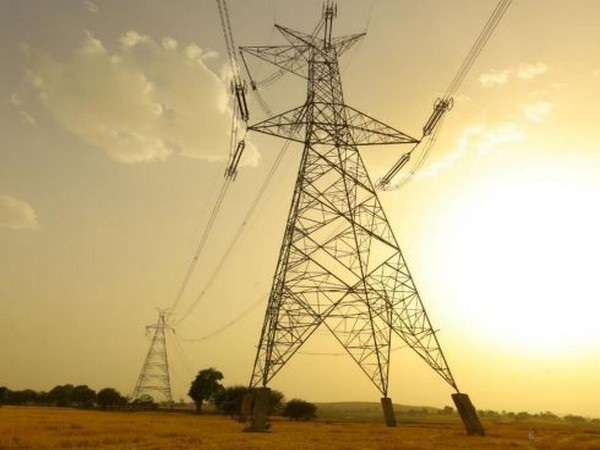India's Rising Energy Demand: Urgent Boost in Solar Capacity Required
A report by Elara Securities stresses the need to boost solar capacity and implement strategic measures to meet India's growing energy demand. Recommendations include separating agricultural feeders, TOD tariffs, flexible power agreements, and faster adoption of smart meters and Distributed Energy Resources.

- Country:
- India
As India's energy demand surges, a report by research firm Elara Securities underscores the urgency of bolstering solar capacity and implementing strategic measures to avert supply constraints. The report calls for decisive action over the next five years to sustain supply amid growing demand.
With energy demand projected to grow at a compound annual growth rate (CAGR) of 7-8% over the next 10-15 years, and peak demand rising even faster, the report advises separating agricultural feeders and swiftly adopting time-of-day (TOD) tariffs. These steps are crucial for maintaining a balanced supply-demand dynamic, it suggests.
The burgeoning rooftop solar market, anticipated to reach 10 GW annually soon, offers significant relief. However, progress is stymied by delays in signing power purchase agreements (PPA) by distribution companies (DISCOMs). The report advocates restructuring traditional 25-year fixed offtake agreements to better align with DISCOMs' operational realities, thereby reducing financial strains and speeding up renewable adoption.
Despite improvements from the late payment surcharge (LPSC) mechanism, the financial health of DISCOMs remains precarious. There is a notable gap between the average cost of supply (ACS) and average revenue realised (ARR), and the slow rollout of smart meters further complicates the energy supply situation.
Distributed Energy Resources (DER), including rooftop solar and the PM KUSUM scheme, are seen as pivotal in meeting future demand. Yet, the possible phase-out of transmission charge waivers for interstate transmission systems (ISTS) post-2025 may hinder new investments. The report also highlights that thorium-based generation and small modular reactors (SMR) are still 10-12 years from large-scale deployment.
Finally, the report flags delays with pumped storage projects (PSP), akin to hydro projects, stressing significant policy intervention is needed to ensure timely completion.
(With inputs from agencies.)
ALSO READ
India's Rapid Renewable Energy Growth Poised to Boost Economy
Germany-India Collaboration: Financing the Renewable Energy Revolution
Strengthening Ties: India and Germany's Shared Commitment to Renewable Energy
Poland's Ambitious Renewable Energy Goals for 2030
CESC Limited Expands Renewable Energy Footprint with New Solar Project










